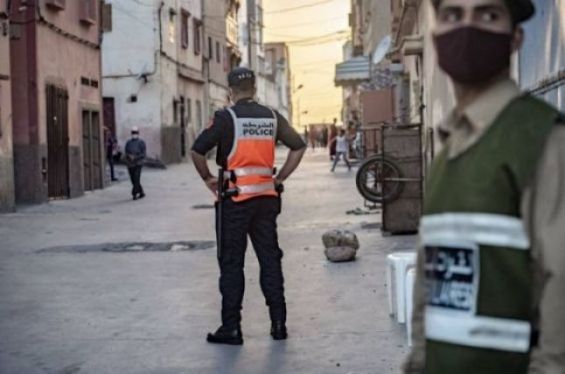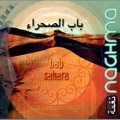The Arab Barometer published a new study last week on the impact of the novel coronavirus pandemic on the daily lives of Moroccans, Algerians, Tunisians, Jordanians and Lebanese.
The independent, non-partisan research network, which has conducted opinion polls in the Middle East and North Africa since 2006, has also shown interest in opinions regarding government responses to the pandemic.
Thus, according to the results of the survey, more than half of Moroccans (52%) consider this pandemic to be the biggest challenge the country has ever faced while 65% expressed their fear that it will continue to spread over the next six months.

The poll explains that 31% of Moroccans attribute this fear to the illness or death of a family member, while 27% of Moroccans attributed it to the lack of commitment and buy-in from citizens to government recommendations.
Moreover, 96% of Moroccans have assured that they use masks outside and 92% have mentioned their adherence to social distancing. In contrast, 36% said they had visited family members.
As for their economic situation, 54% of Moroccans polled expressed concern and the possibility of losing their main sources of income in the coming year. In this same category, 15% of Moroccans said they had lost their jobs permanently due to the pandemic, although half of those questioned considered the general economic situation in the Kingdom to be stable.
Government actions and freedoms
Regarding the assessment of actions taken by the Moroccan government in response to the pandemic, 74% felt that the performance of the government was good. Additionally, 69% of respondents said they trust government statistics on the number of infections and deaths from the coronavirus.
Asked about restrictive measures, 35% of Moroccan respondents considered the surveillance and monitoring of citizens' movements during the health crisis as justified while 25% consider that the total limitation of movements during the pandemic is understandable.
In terms of freedoms, some Moroccans have justified some attacks on freedom of expression and the press. Thus, respectively 16% and 29% qualified as «justified» the restrictions on freedom of expression and media censorship during the health crisis, the poll shows.

76% of Moroccans consider that the pandemic has had a negative impact on children's education and 45% said that violence against women has increased during the same period.
The results of the poll were comparatively similar among the five Arab countries. Thus, the majority of people welcomed the measures taken by the authorities to fight against the spread of the virus while a minority considered as founded the measures that would reduce freedom of expression and of the press within the health emergency campaign.
The Arab Barometer survey was carried out between July and October 2020, with 5,000 participants from the five countries.




 chargement...
chargement...












